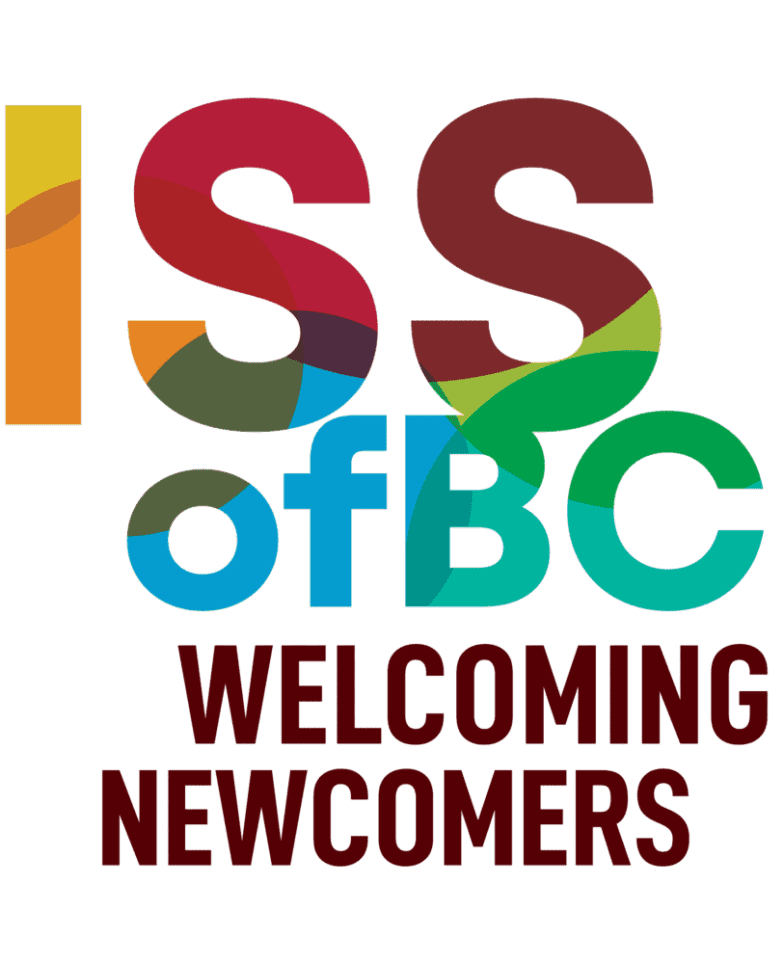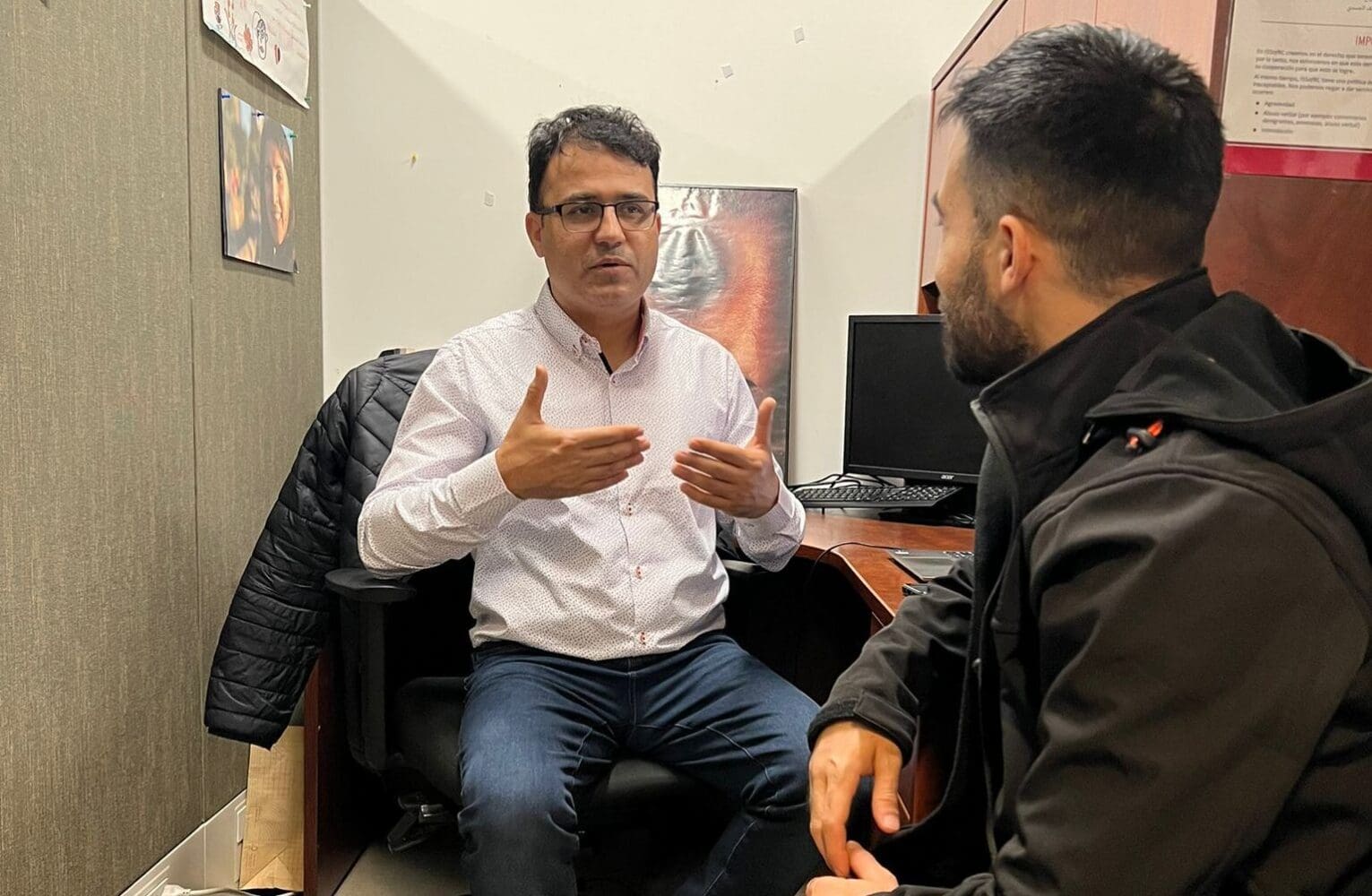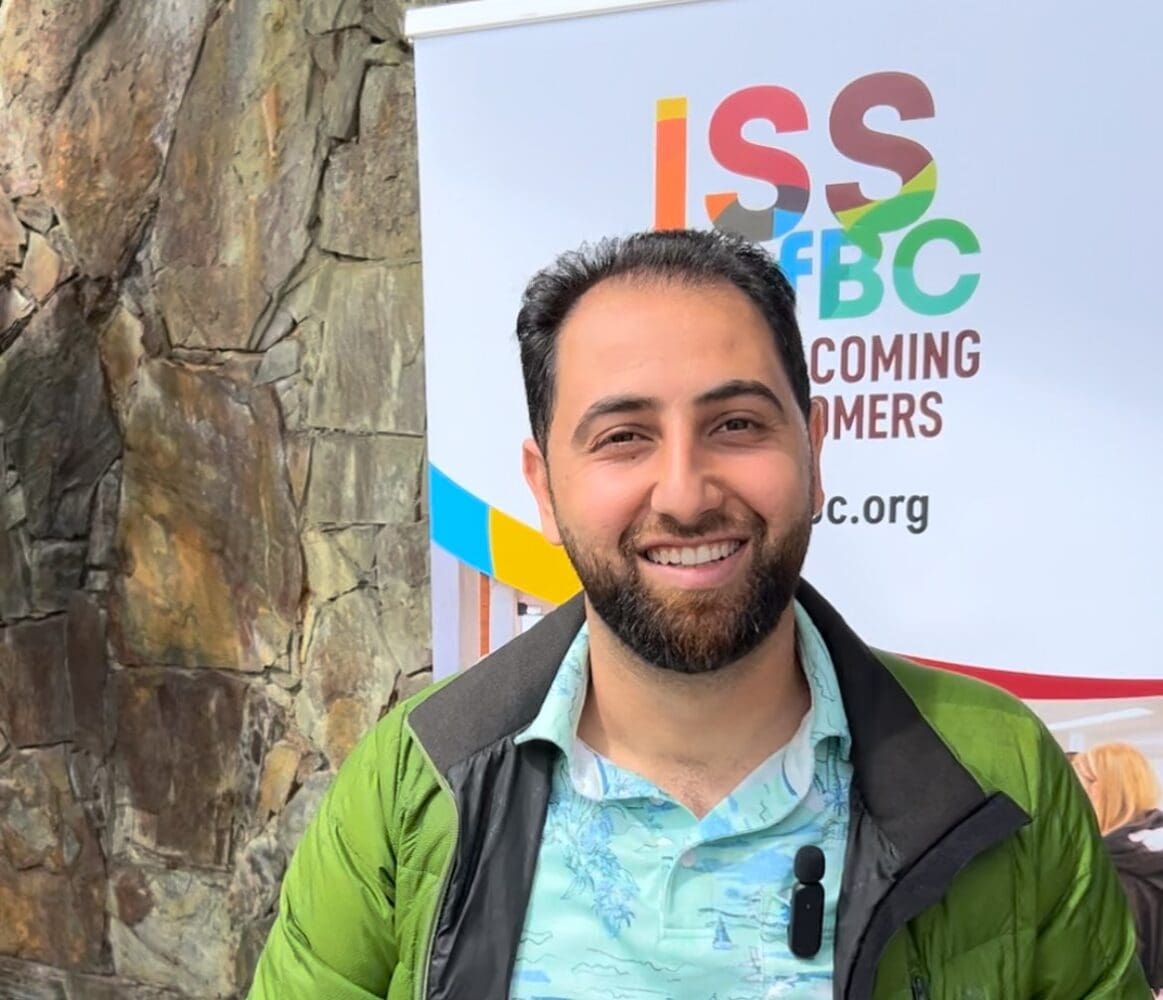For this month’s Story of Hope and Learning, we hear from Lutfullah Behzad, a Case Manager in our Resettlement Assistance Program. As you will read, Lutfullah came to Canada as a refugee himself, so had personal experience to call upon when serving vulnerable refugees seeking safety and stability in BC. As Lutfullah explains, the diversity in languages, cultures and experiences among ISSofBC clients and staff has enhanced his work and life, giving a clear indication of why multi-culturalism and diversity is so important in modern Canadian society. We hope you enjoy Lutfullah’s story:
Tell us about yourself and your first few years in Canada:
I arrived in BC in October 2018 as a refugee from Afghanistan. I worked for the Afghan government and various international organizations for 15 years before I left but I had to leave after I received frequent threats from the Taliban due to my work with the government.
Settling down in a new country is challenging for anyone. The day I landed in Canada, I found a place to live in a shelter downtown. This was an entirely new experience for me as I hadn’t stayed in a shelter before coming to Canada. However, the shelter staff were very helpful and kind-hearted. Despite this, I still struggled to be away from my loved ones.
The most challenging phase of my life was when I tried to move out to permanent housing. I found it very difficult to find anybody who was willing to let me rent their house as I was someone with no credit history, unemployment, and no source of income.
Luckily, I found an Afghan who helped me to rent a house and paid the deposit and the first month’s rent. He even assured the property manager that if I was not able to pay the rent, they would keep paying it for one year.
Fortunately, in the very first week that I moved out of the shelter, I found a marketing consultant job in Downtown Vancouver which gave me reasonable income to support myself in Canada and send money to my home country to support my wife and children.
In March 2019, I joined a warehouse in Delta where I worked for 3 years, alongside working part-time as a security guard. During my first three years in Canada, I used to work for 70 hours a week to cope with sponsoring my family who were in Afghanistan.
What attracted you to working at ISSofBC?
When I arrived in BC, I became a client of ISSofBC in the Settlement Orientation Service (SOS) program. Having seen their wholehearted support for refugees, I became interested in any opportunities to work for them.
I tried several times to send my resume to not only ISSofBC but other settlement agencies in Metro-Vancouver. However, I didn’t receive any responses in my first few applications, but I never gave up and kept sending my resume for vacant positions, relevant to my expertise.
Eventually, I got a chance to become a Case Manager in the Resettlement Assistance Program (RAP) and started working for the program in April 2022.
What do you find most challenging about your work?
Although I enjoy supporting those affected by war or political turmoil in their home countries, it is challenging as well.
Many of our clients have gone through immensely difficult situations during their lives and most of them have stayed in refugee camps for a long time, causing them to have a variety of mental health challenges. When our clients experience serious anxiety, depression, as well as culture shock, all at the same time, our job can become a lot more difficult.
It is also distressing when clients request sponsorship for their family members that they have left behind. Sadly, we do not have the authority to process such requests which creates a stressful situation when we cannot provide services our clients ask for.
What have you found most rewarding about your work?
In the RAP team, we assist those who have suffered a lot during their course of immigration before they enter Canada. As part of that team, I support refugee clients during their first year living in Canada. Seeing them become more optimistic about their future in Canada over time is the most rewarding part of this job.
What motivates you?
For me, watching our clients engage with their new communities and develop their capacity so they can prepare for work and build their future in Canada has always been a big motivating factor, and makes me more committed to being more active and productive to serve my clients.
What is the most important thing you’ve learned during your time at ISSofBC?
I’ve learned a lot during my time here. However, working with my co-workers and clients from diverse academic and cultural backgrounds has really been helpful for me to learn new ideas and skills, and has improved my cultural awareness about people from different cultural and linguistic backgrounds.




